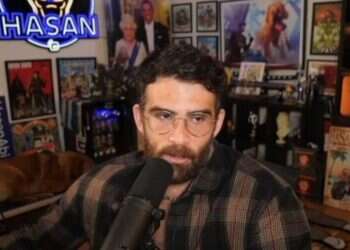For a decade, Ilan (whose full name is kept by the editorial board) and his family lived peacefully in Sydney, Australia. Living in the northern part of the city, in a Jewish neighborhood immersed in Australian society, he never imagined he would cease to recognize the birthplace of his wife and children as he knew it, leading to the family's return to Israel in December. A business owner, Ilan has recently made Israel the epicenter of his activity.
In the years before Oct. 7, 2023, Ilan and his family lived in a predominantly non-Jewish area in northern Sydney. "The Jewish area of the city is in eastern Sydney, where the large Jewish community is based. The city has about 50,000 Jews in total, half of all Australian Jewry. In our neighborhood, there were only a few hundred Jews altogether," Ilan explained.
"Every Jew who lives in the northern area of Sydney gravitates to Bondi Junction. It's the Jewish center of this entire area," he added. "However, Jews are very assimilated – young men might have non-Jewish girlfriends. It's not exactly a pilgrimage site for Jews."
Q: How was life in Australia before Oct. 7?
"For eight years, I saw only one antisemitic incident – someone with a swastika tattoo on their arm. I was shocked, I had never encountered anything like that in Australia at all. That was the only thing I saw – beyond that, there was no sense that people hated Jews or Israelis."
Having initially returned to Israel before Oct. 7, Ilan and his family then decided to go back to Australia after the war broke out, believing it would provide a safe haven until the situation stabilized. However, upon arrival, they encountered a drastically different environment than the one they had left behind. "We simply didn't recognize the place. I didn't know Australia like this. People walking around with keffiyehs everywhere, 'Free Palestine' everywhere, Hamas symbols, 'F*** the Jews,' 'Gas the Jews' – it was truly shocking."
On top of that, Ilan recounted a personal incident at his son's school that has made the family grasp the severity of the situation: "My wife picked up our child from school and found a paper on the ground with a swastika drawn on it and an illustration of Hitler. This was shortly after Oct. 7, and it made us feel that this was real, not just something we hear about in the news."
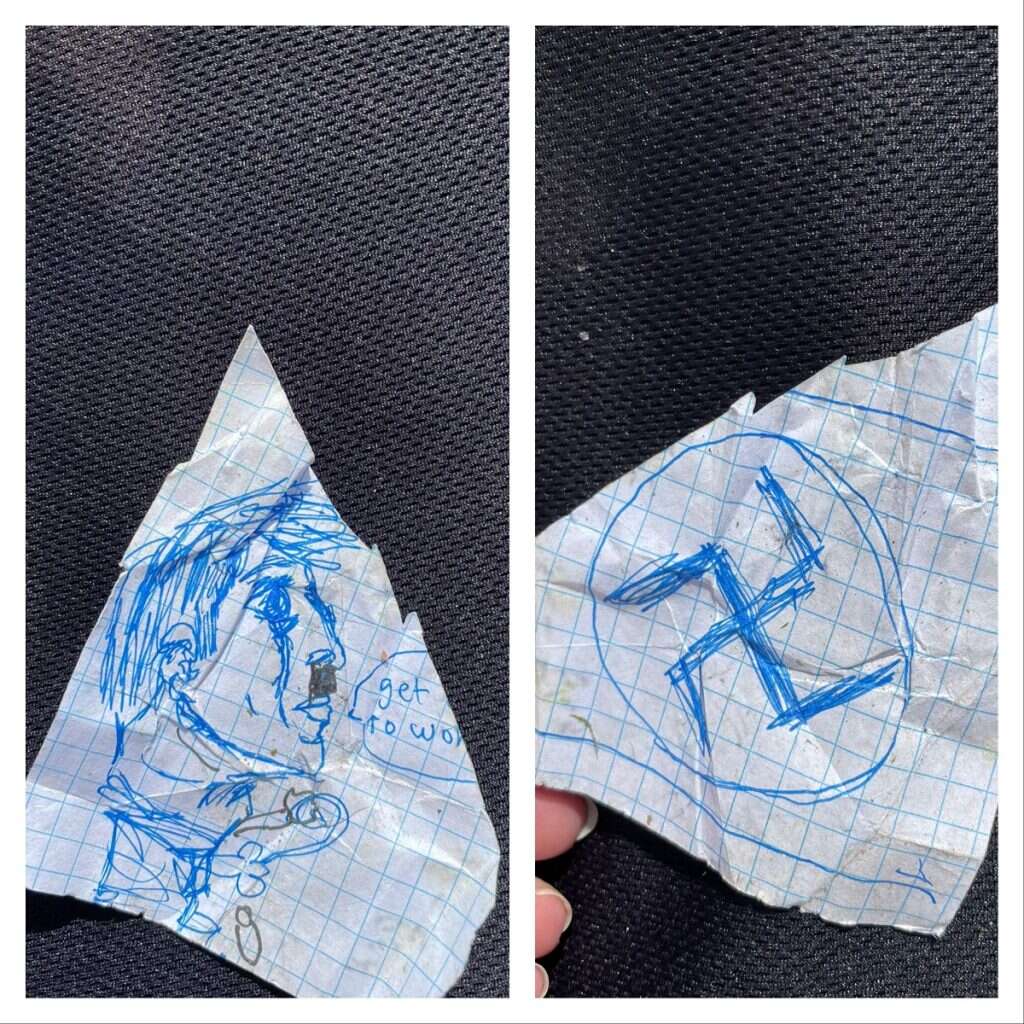
The final straw
After witnessing the first pro-Palestinian demonstration at Sydney's Opera House following Hamas' attack, Ilan's wife was against returning to Australia. "People chanted 'gas the Jews' and she didn't want us to return to that," Ilan shared.
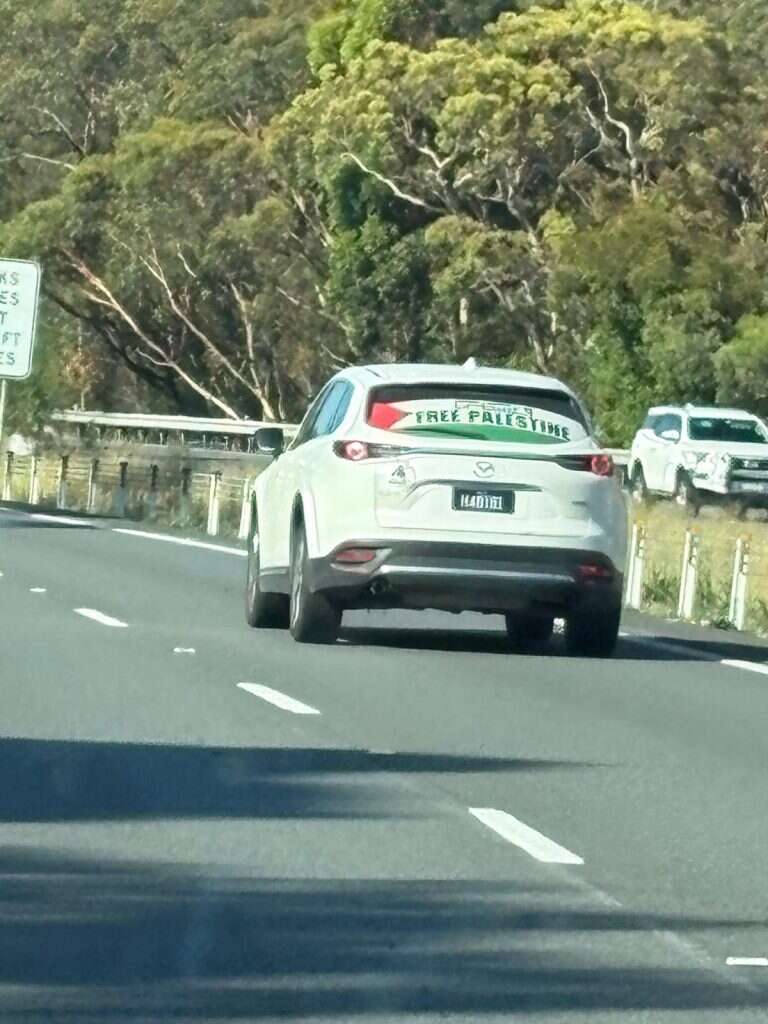
"I suggested we observe the situation, but the final straw was the combination of finding the swastika drawing, which demonstrated the clear hatred towards Jews, along with the Melbourne synagogue arson. It convinced us it was time to leave. We understood we had 'overstayed our welcome,'" Ilan grimly admitted.
However, the family's encounters with antisemitism extended beyond local incidents, intersecting with anti-Israel policies: "There was an incident where they burned a car near our house, it was really traumatic," Ilan said. "Meanwhile, there was this scandal about not letting Israelis into Australia if they participated in 'genocide.' At that point, I told my wife we should move up our flight – we already had a flight to Israel scheduled a few months ahead – because this country has lost its mind. Foreign Minister Penny Wong and Prime Minister Anthony Albanese are really at the forefront against Israel. I wasn't willing to take that risk – my son's name is Eitan, my name is Ilan, fortunately, my wife has an Australian name."
As the city's landscape became littered with antisemitic messaging, from swastikas to anti-Jewish graffiti, Ilan noticed a particularly concerning development: the emergence of propaganda attempting to draw parallels between Aboriginal and Palestinian causes. "The Palestinians have created a sophisticated marketing campaign," he said. "They're successfully applying their narrative of 'oppression' to existing onto existing tensions in Australia, effectively turning Aboriginal communities against Jews."
Q: Did you believe the leadership would have a proper response to antisemitism, or that it is merely a wave that would subside?
"The antisemitism in Australia probably isn't Australian in origin," Ilan stated. "There's a foreign intervention that's essentially funding this crime. Australia faces many challenging years ahead in terms of geopolitical struggles, with many Muslim immigrants entering and radical Islam developing. Australia has no fewer problems than Israel, but at least in Israel, a swastika won't be drawn on our door."
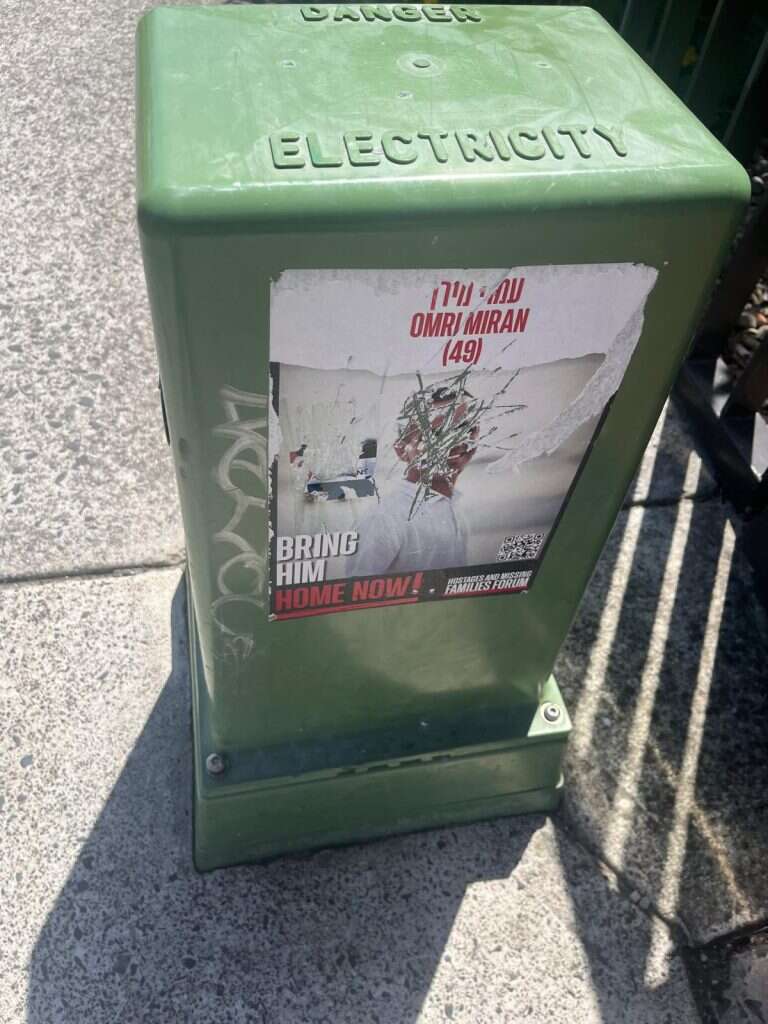
"Australia was hijacked after Oct. 7."
Q: Why not move to another city in Australia?
"We're essentially catching fire from both sides – the extreme right is neo-Nazi, people who hate Jews by definition. On the left, there's antisemitism because they've essentially allied with the pro-Palestinian side, seeing us as people of 'genocide,' hatred, and fascism. So if in cities there's a tendency toward the left and progressiveness, that's where we catch hate in the form of pro-Palestinian demonstrations, and in more remote areas, there are neo-Nazis where an Israeli family has no business being."
Q: What was the reaction from your community when you decided to leave?
"The Jewish community in Australia is still in a kind of shock. They don't really know what to do yet. They experienced the Opera House demonstration a year ago, and said 'This will surely pass,' but there's a severe leadership crisis here. [Foreign Minister] Wong said that 'Israel needs to stand trial like China and Russia.' The Labor Party is an anti-Israel left-wing party – only when they change will we truly see which way the wind blows. 99% percent of Jews in Australia are in this mindset.
"I think most of them already have one foot in the Israeli consulate," Ilan noted, "While simultaneously hoping the government changes and Opposition Leader Peter Dutton from the Liberals enters, and all this madness will end and Australia will return to being a Western state and friend of Israel. They essentially feel the country was hijacked after Oct. 7."
Ilan feels the same way. On Oct. 7, 2024, a year after the massacre, he felt unsafe being in Sydney. "I took my family out of the city because I was simply too afraid of events that might occur that day. There were many pro-Hezbollah demonstrations with pictures of Nasrallah. The feelings we experienced that day are indescribable. How did they not stop this?"
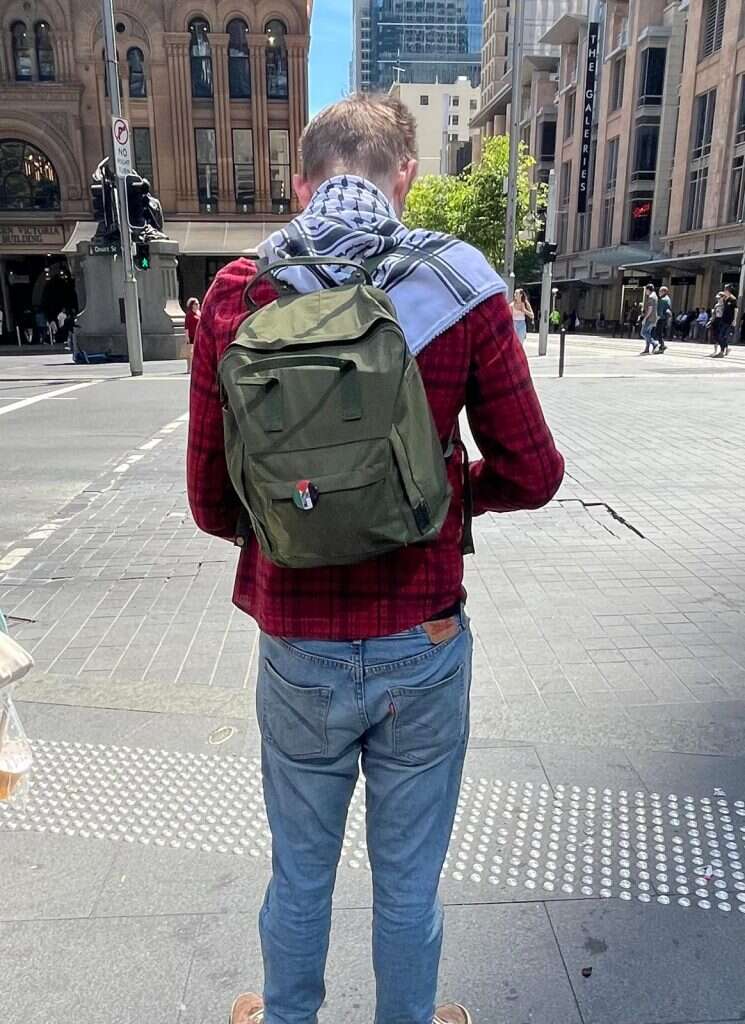
Ilan noted that many in the Jewish community are also preparing for the possibility that even a change in government won't reverse the current situation, potentially leading to increased Jewish emigration from Australia. Of particular concern is the growing influence of Hizb ut-Tahrir, an organization that has raised significant concerns in Australia due to its extremist ideology. "As the saying goes: 'Democracy is a question of demography' – the Muslims understand this," he said, adding that the Jewish community is "essentially counting the minutes until the elections in May."




